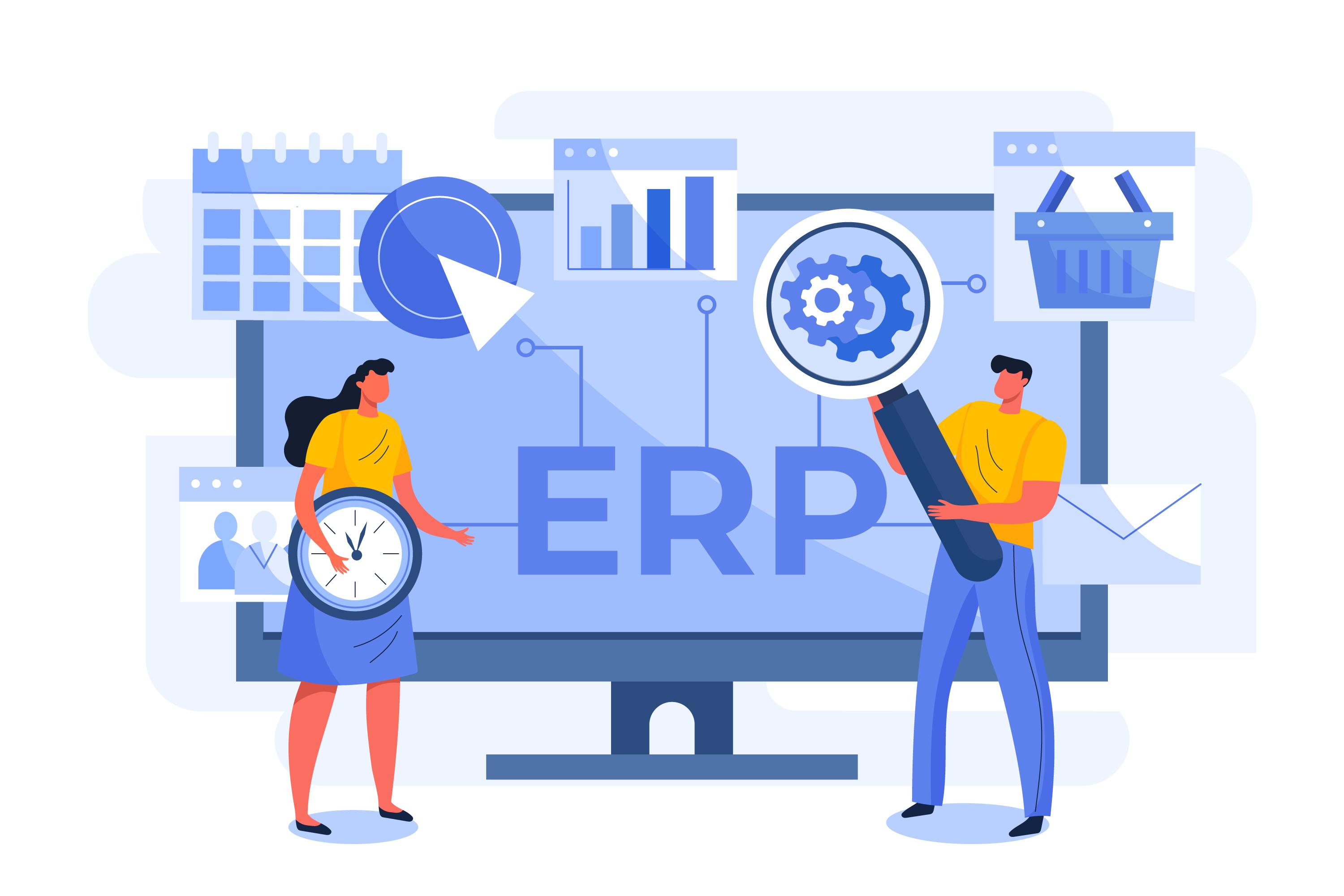Having worked with multiple manufacturing firms and designing custom ERP for more than 18 years, I've acquired direct experience regarding shop floor inefficiencies which may subtly reduce profitability.
Companies still continue to employ human supervision, delayed reporting, or paper logs to monitor and track output, all of which result in errors, downtime, and resource loss. In my career, I have primarily focused on designing custom ERPs to digitise shop floor control, enabling manufacturers to maintain competitiveness through speed, precision, and visibility.
According to Statista (2024), firms are prioritising digital transformation, utilising technologies like digital twins and advanced analytics to address supply chain issues, enhance resilience, and promote sustainability. This indicates how global manufacturers are choosing to transform their shop floors in order to improve efficiency and cut down on excessive costs.
This reflects what I’ve experienced working with clients who choose to digitise production workflows, face reduced errors, and increase productivity, things that manual systems simply can’t deliver.
How Does ERP Manage Shop Floor Operations In Manufacturing?
ERP manages shop floor operations by enabling real-time visibility into production life cycle management. Other than this, ERP also helps track things like tracking machine performance, labour output, and raw materials; scheduling work orders; and reducing downtime and errors. ERP also connects processes across production, quality compliance, and supply chain, helping manufacturers improve efficiency and cut costs.
In Short, ERP in Shop Floor Operations
- Provides real-time production visibility.
- Tracks machines, labor, and materials.
- Schedules work orders.
- Reduces downtime and errors.
- Connects processes across production, quality, and supply chain.
- Streamlines decision-making with accurate data.
- Automated reporting, quality checks, and resource allocation.
- Increases productivity, reduces scrap, and improves on-time delivery performance.
Here are a few essential highlights on how ERP manages shop floor operations in manufacturing:
Real-Time Visibility into Production
One of the best things about ERP, in my opinion, is that it lets you see what's going on on the factory floor in real time. I used to deal with bosses who would wait hours or even days for reports on production. Now, with ERP, they can check progress, machine performance, and resource consumption right away.
This live openness gives managers the power to see problems coming before they get worse and make changes before they get worse. It gets rid of the need to rely on old records, which keeps work on track and customers happy with on-time deliveries.
Automating Workflows and Task Assignments
In many plants I’ve worked with, bottlenecks happened because scheduling and task assignments were still manual. ERP solves this by automating workflows, task allocation, and production sequencing.
By removing human dependency from repetitive tasks, I’ve seen factories reduce errors, increase accountability, and streamline coordination. Employees can then focus on higher-value activities instead of chasing paperwork or clarifying task orders.
Enhancing Quality Control
I've always held the opinion that quality must be ingrained throughout the production process rather than being checked at the end. Manufacturing ERP Development enables this by incorporating quality checks into each step of the procedure.
This implies that faults are identified early, avoiding waste, rework, and costly recalls. I've created ERP-driven quality systems that not only saved money but also helped companies fulfil regulatory criteria and gain consumer trust.
Data-Driven Resource Management
Resource optimisation is another area in which ERP has continuously demonstrated its worth. ERP precisely distributes labour, equipment, and supplies by evaluating both historical and current data.
I've assisted manufacturers in using these data to estimate material requirements, avoid machine usage, and save downtime. The end result is a leaner operation in which every resource is used efficiently to achieve production targets.
Seamless Integration with Other Departments
What I love about ERP is how it integrates the shop floor with other vital departments, like procurement, inventory, and finance. I’ve seen this integration transform operations by making sure that every team has access to all teams’ work with synchronised, accurate data. This integration has changed how things are done.
For example, whenever production demand spikes, the procurement department gets notified right away to restock. This helps prevent expensive delays or stockouts. This seamless flow of information ensures the entire business runs smoothly without interruption, not just the shop floor.
Reducing Operational Costs
Digitisation isn’t just about speed; it’s also about savings. I’ve designed customised ERP for my clients to make them move away from using paper-based monitoring. ERP systems can help reduce errors, lower overheads, and extend machine life through optimised usage.
These advancements eventually result in considerable cost savings without compromising quality. ERP transforms the shop floor into a lean, productive, and economical centre of production.
Conclusion
From my almost two decades of ERP experience, it's better to say that ERP for shop floor control is no longer an optional choice but an essential one.
ERP digitalises all the stages of industrial production, ranging from scheduling to quality assurance, but it also provides increasing visibility, productivity, and profitability to your industry.
ERP enables manufacturers to save costs, reduce downtime, and deliver consistently. With integrating real-time data, automation and seamless integration can help a really good control on the shop floor. Hence. It's not too much to say that ERP gives manufacturing plants the competitive boosts they need to survive in the fast-paced industrial environment nowadays.

